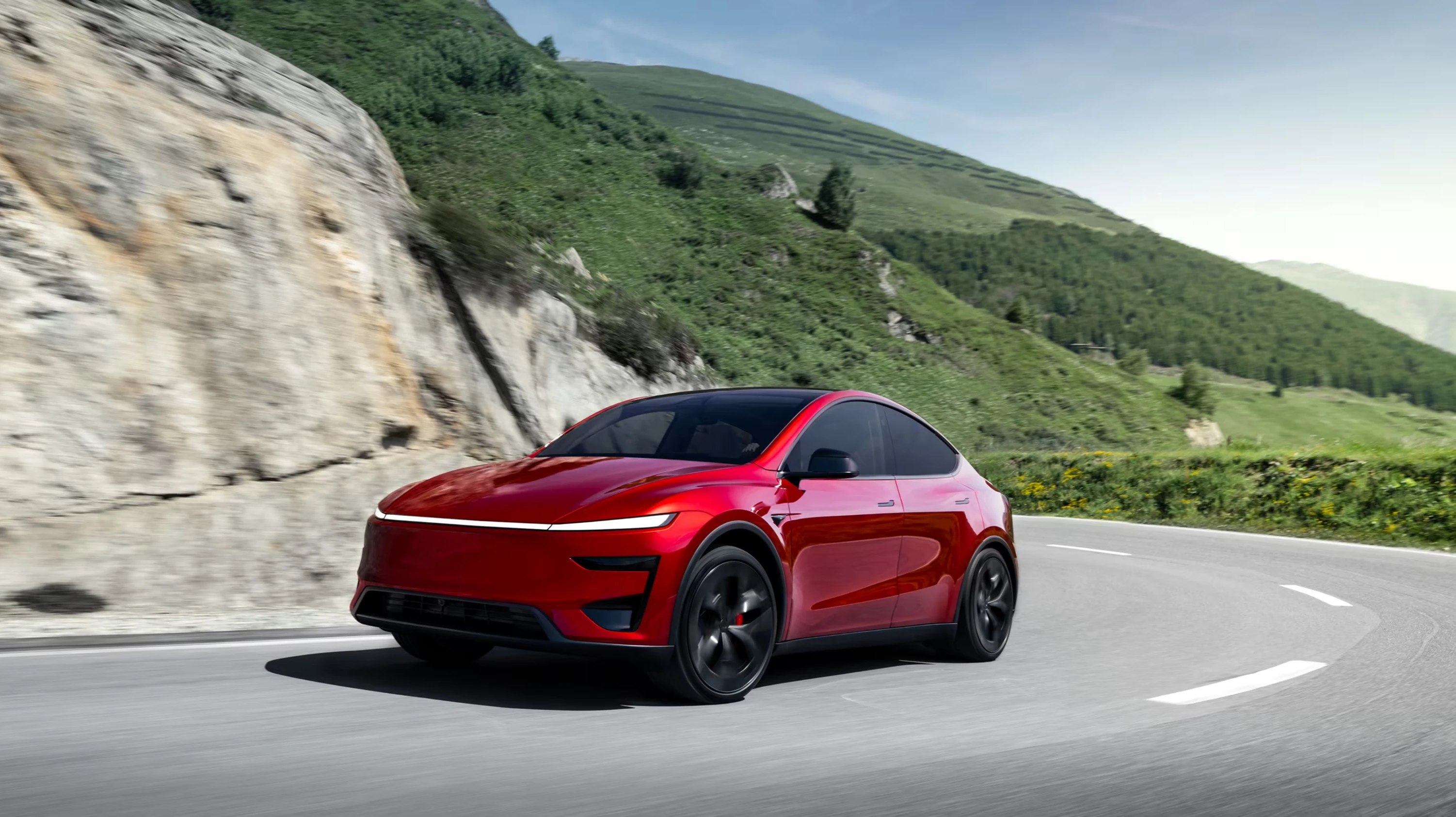Tesla has cut the price of its flagship Model Y by 15%. Why didn't investors like it?

Tesla announced a new version of its most popular electric car Model Y at $37,990: so the company compensates buyers from the United States for the elimination of federal incentives, notes Bloomberg. To date, this is the most affordable version of the best-selling car in the lineup, designed to support demand in America.
According to the company's website, the starting price is 15% lower than the base Model Y available earlier. The new version has an estimated range of 321 miles (516 kilometers), which is about 10% less than the premium model. The cheaper version also lacks a screen for the second row of seats and has less than half the audio speakers compared to the top-end package.
Tesla shares collapsed 4% to $435.1 after the announcement of a simplified version of the Model Y. Investors were expecting a more affordable Model Y and now they have to evaluate the profitability of these cheaper packages, Barron's writes.
"No creativity from a marketing standpoint," Barron's quoted Future Fund Active ETF co-founder Gary Black as saying of the new Model Y. - This decision was likely made by engineers with little or no consultation with marketers." Black criticized Tesla's decision to only offer a stripped-down version of the Model Y instead of developing an all-new vehicle.
Context
Expectations for a more affordable Tesla have been building since early last year, when some Tesla investors and employees were alarmed by CEO Elon Musk's decision to shift focus away from the $25,000 electric car project, Bloomberg writes. Musk has instead prioritized the development of autonomous driving technology and humanoid robots.
During its most recent quarterly conference call, Tesla said it began assembling a cheaper model back in June, but decided to delay large-scale production until after the $7500 federal tax credit expires. Tesla CFO Vaibhav Taneja warned that the ramp-up of production would be slower than initially expected. The company hasn't rolled out any new vehicle models since late 2023, when Cybertruck deliveries began, CNBC notes.
Despite record quarterly deliveries, Tesla's global sales have fallen about 6% since the beginning of the year. Demand for electric cars in the US - the company's largest market - is also expected to decline after the tax incentives are removed.
BloombergNEF analysts forecast U.S. sales of electric vehicles and hybrid models will total about 332,000 units in the fourth quarter, compared with nearly 500,000 in the third quarter.
This article was AI-translated and verified by a human editor
